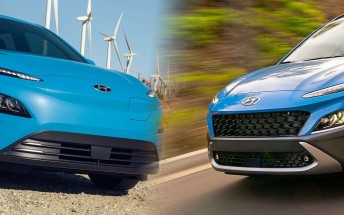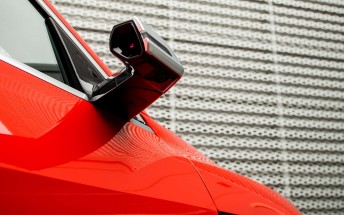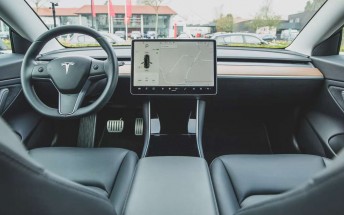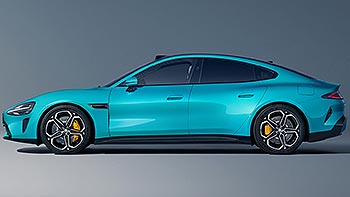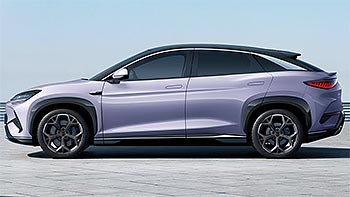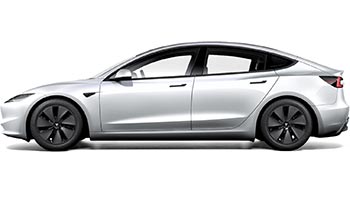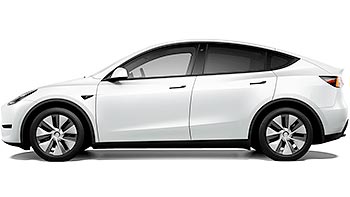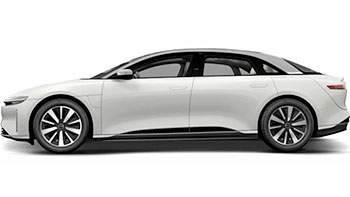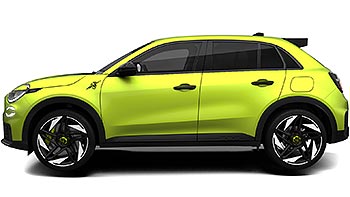EU and China continue EV tariff tango

The European Union and China find themselves locked in a delicate dance over tariffs on Chinese-made electric vehicles. With the EU set to impose hefty levies, both sides are scrambling to find a solution that satisfies their respective interests. But with "significant gaps" remaining, the question remains if they be able to choreograph a compromise before the music stops?
The EU's anti-subsidy investigation into Chinese EVs concluded that Chinese manufacturers benefit from unfair state support, giving them an artificial advantage in the European market. As a result, the EU is set to slap tariffs of up to 35.3% on these vehicles as early as next week. This understandably ruffled some feathers in Beijing, which has warned against unilateral action and urged the EU to find a mutually agreeable solution.
In a bid to avert a trade war, high-level video calls have taken place between EU trade chief Valdis Dombrovskis and Chinese Minister of Commerce Wang Wentao. Both sides have expressed a commitment to finding a solution, but the devil, as always, is in the details.

The EU is exploring alternatives to tariffs, such as minimum price commitments from Chinese EV makers or increased investment in European production facilities. These options, if implemented effectively, could help level the playing field and address the EU's concerns about unfair competition. China has pushed back against the EU's attempts to negotiate separate deals with individual companies, arguing that this undermines the ongoing talks.
Adding even more complexity to the situation are China's own investigations into EU exports of brandy, pork, and dairy products. The EU has dismissed these investigations as "unsubstantiated," raising concerns that they are merely retaliatory measures in response to the EV tariff dispute.
Despite the challenges, both sides have agreed to more technical negotiations in the near future. This suggests that neither side wants to escalate the situation into a full-blown trade war. The outcome of these negotiations has significant implications for the global EV market. China is the world's largest producer of electric cars, and the EU is a key market for these. If the two sides fail to reach an agreement, it could disrupt supply chains, increase prices for consumers, and hinder the transition to electric mobility.
Related
Reader comments
- Anonymous
I don't think China is that much better off. They are producing too much, they need to export goods.
- 28 Oct 2024
- JE$
- Anonymous
EU first apply tariff and then they try to negotiate with China shows that EU will lose this trade war if they continue and EU knows it.
- 28 Oct 2024
- CbC
- Anonymous
EU should understand that China is not some small weak country. EU is only 4.4% bigger than China in nominal GDP and in PPP GDP they are 24.5% smaller, workforce is also ~3.5x bigger in China. There can hardly be a victory let alone a flawless vi...
- 27 Oct 2024
- 0Cg









